
Politics
13:52, 29-Dec-2017
Asia in 2017: Nawaz Sharif and Pakistani Politics
By Danial Khan, Xu Fanyi, Yan Qin
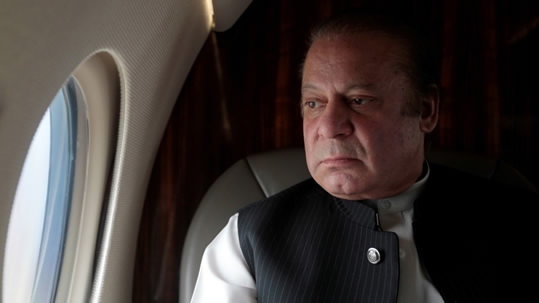
As 2017 comes to an end, “Asia Today” presents a seven-day year-end special program called “Asian Faces of 2017.” From Dec 24 to 30, we will review the seven most influential figures in Asia and examine how their highs and lows, and their hits and misses, impacted their country, the region and the world.
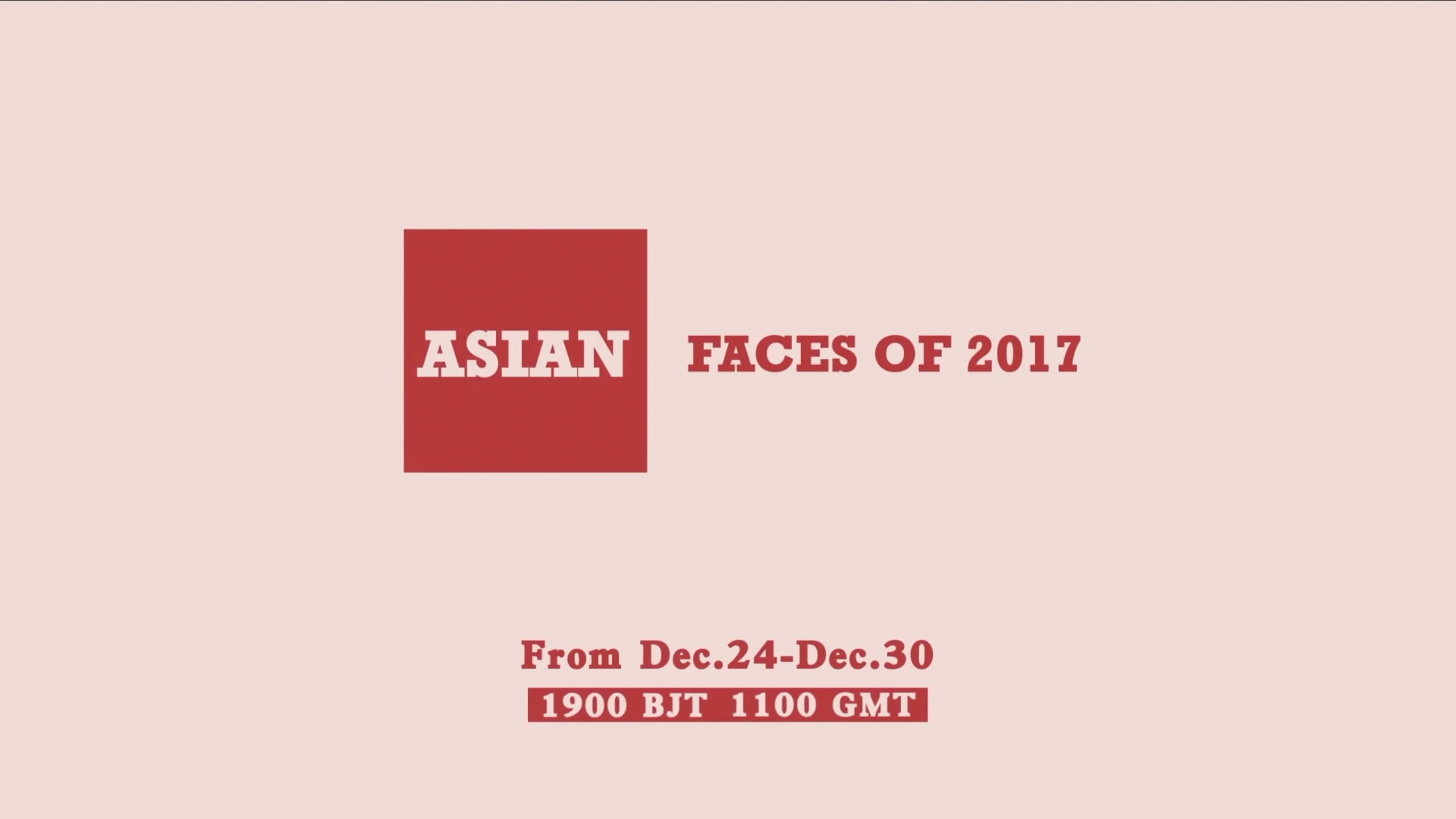
Face of the Year: Nawaz Sharif
July 28th, the last day for Nawaz Sharif standing in front of everyone as the 27th Prime Minister of Pakistan. He was forced to resign for the corruption scandal, brought to light by the 2016 Panama Papers.
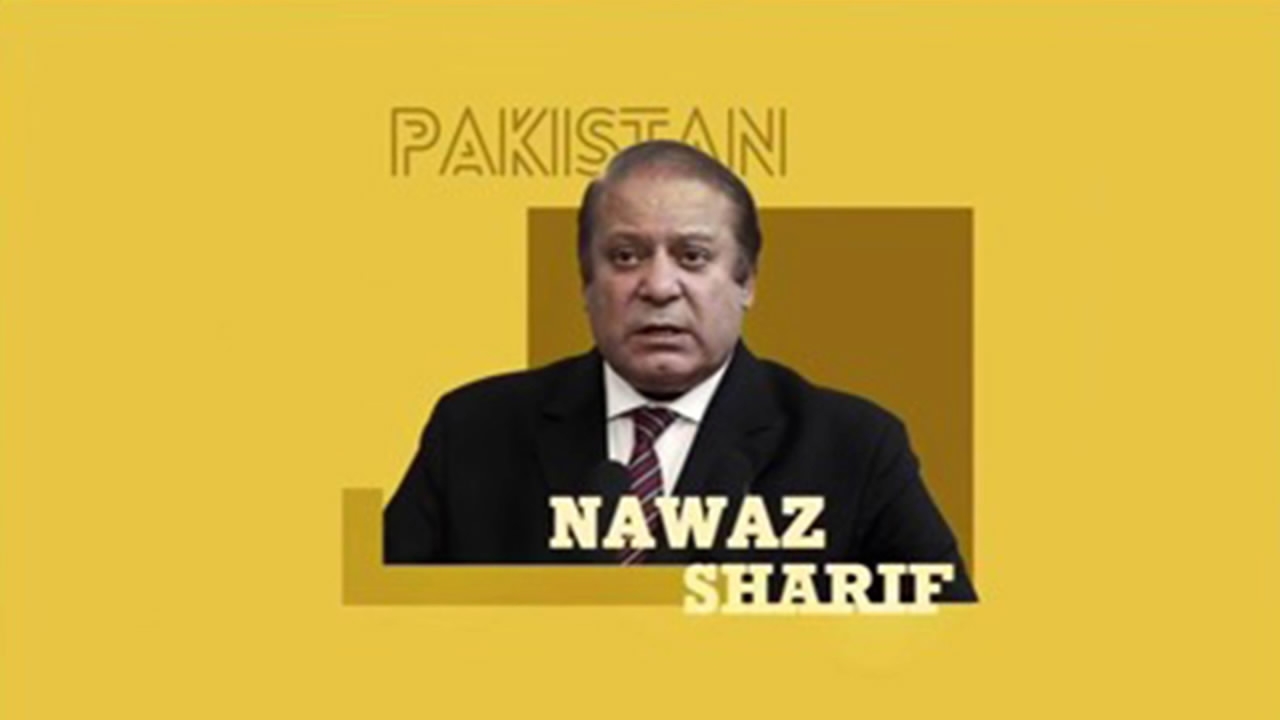
Three times victory, three times ousted
Nawaz Sharif won the election to be Pakistan’s prime minister three times in the past 30 years, but was forced out every time.
He first served as the prime minister from 1990 to 1993, but was dismissed for the opposition leader. Four years later, he won the election again and started to dominate the political landscape in the country. However, a military coup in 1999 forced him to resign.
“There are many contradictions in Pakistan’s society,” the Senior Researcher of Chongyang Financial Institute of Renmin University, Zhou Rong, said: “religions and secular people, political civilian government and military, ruling party and opposition party, as well as justice and administration—all these four contradictions mixed up. Sometimes it makes the prime minister step down, sometimes it makes somebody rise up.”
Sharif’s last period in office was started 2013, after an eight-year exile in Saudi Arabia. He took the office at a moment that "Pakistan facing problems with terrorism and its economy", said by a political analyst Zahid Hussain. Sharif made progress to rescue national economy. His trip to China boosted the launch of China-Pakistan Economic Corridor in 2015, which had brought Pakistan a 55-billion-US-dollar investment until January, 2017. Besides, his meeting with ex-US President Barack Obama brought over 1.6 billion US dollars military and economic aid to his country. Meanwhile, he had made great efforts to warmer diplomatic ties with India.
However, his ambition ended uncompleted last July.
Where next for Pakistan?
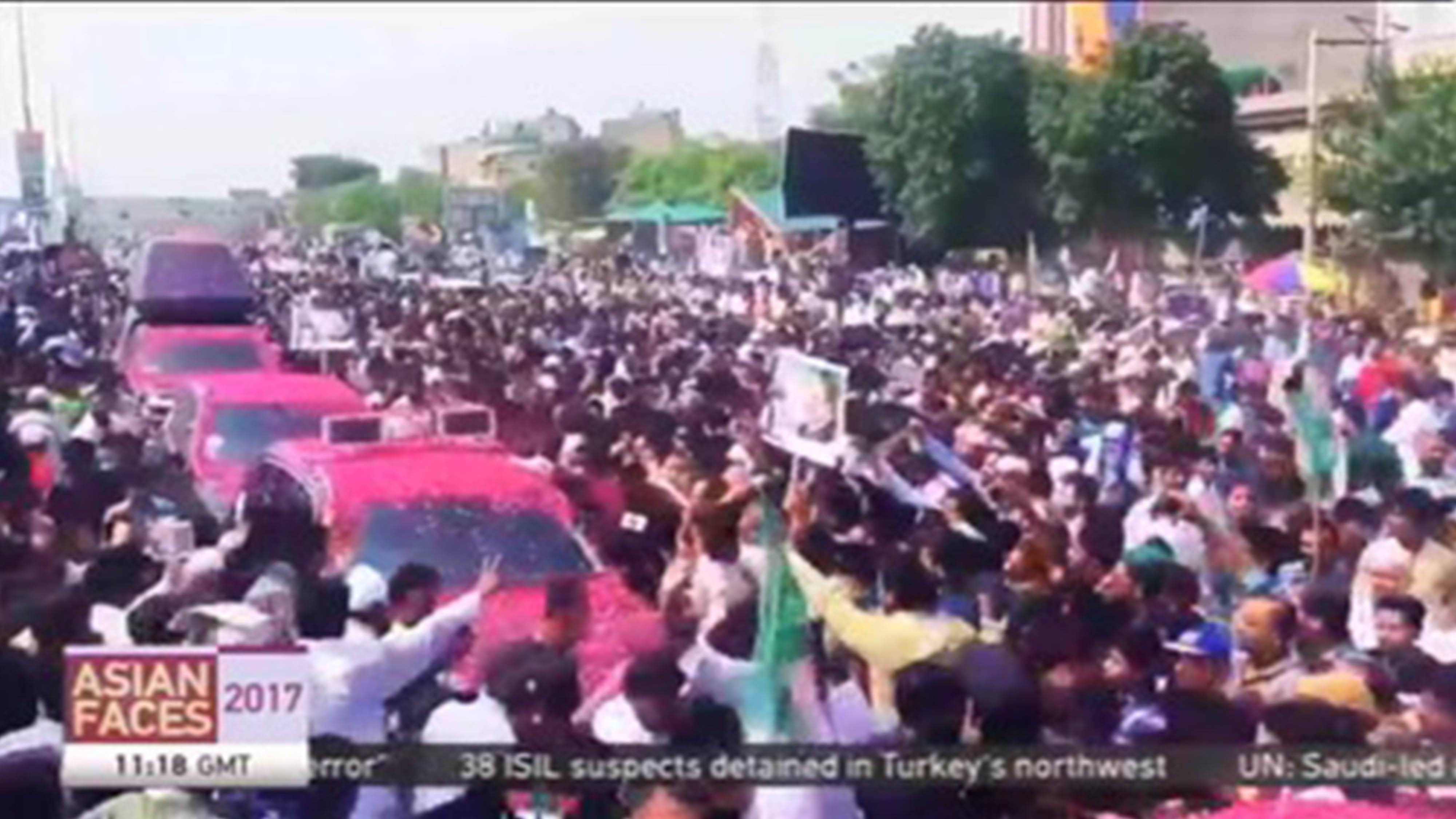
Pakistan is moving to the 2018 general elections. Our correspondent Danial Khan told us that the Supreme Court verdict was a great achievement for Imran Khan, Sharif’s most vocal political opponent. Despite the ruling Pakistan Muslim League-Nawaz has preparing a strategy for its victory in the election.
“No, I don’t think that will happen”, Mr Zhou stressed. He suggested that there was no sign that the ruling party will loose the election next February. After the Lawmakers appointed former Oil Minister Shahid Khaqan Abbasi to replace Sharif, the ruling party are said to set Nawaz Sharif’s younger brother Shahbaz Sharif be a candidate to take over his brother’s position next year.
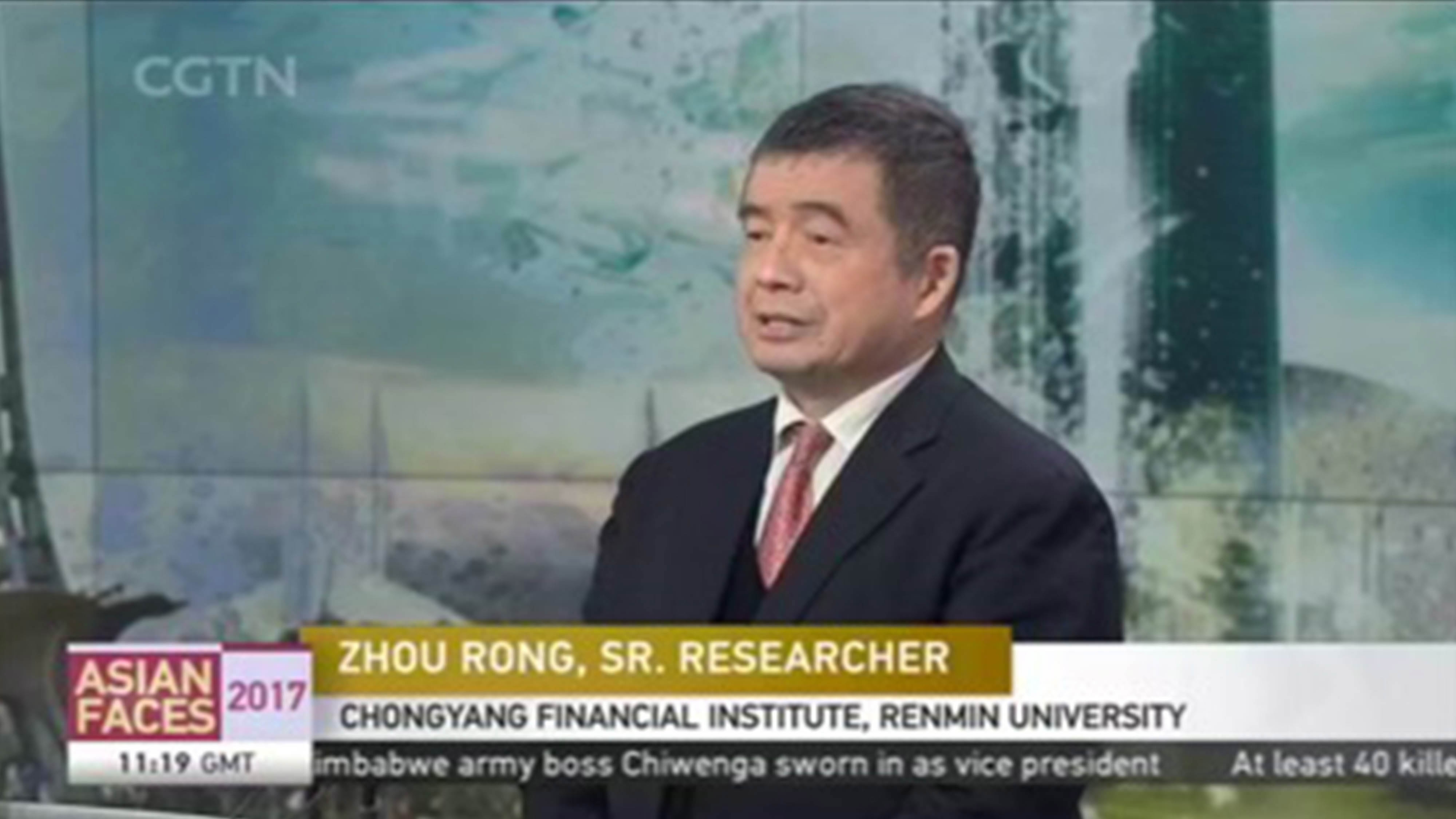
Zhou Rong added: “If the ruling party wins, the policy of Nawaz Sharif will be continued, no matter Nawaz Sharif is in power, or Shahbaz Sharif in power, anyway, it is still the ruling party in power, so that makes no special changes, but the political turbulence will continue.”

SITEMAP
Copyright © 2018 CGTN. Beijing ICP prepared NO.16065310-3
Copyright © 2018 CGTN. Beijing ICP prepared NO.16065310-3